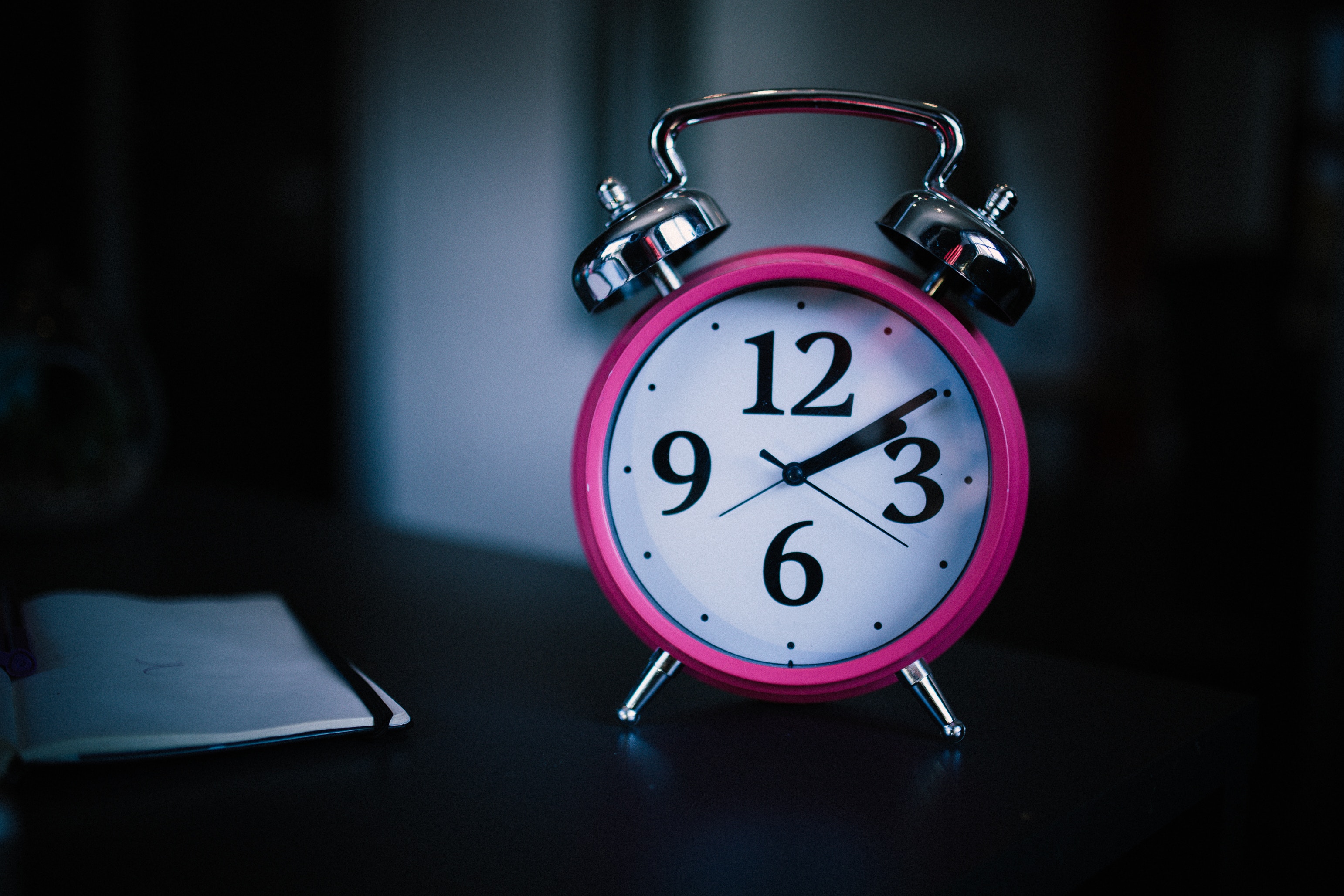American’s turn the clocks forward every spring. While losing an extra hour of sleep may not seem like much, it can wreak havoc on your health.
“Many of us don’t get enough shut eye, especially children,” says Mohsin Maqbool, M.D., medical director of the Pediatric Sleep Institute in Plano, Texas. “We are sleep deprived as a nation and with all the stimuli around, losing an extra hour of sleep is nothing to snore at.” Dr. Maqbool recommends these tips to help kids and adults adjust to the new time change:
Children:
Adjust Bedtime
Prepare for the change by adjusting exposure to light and darkness. If you want to keep your child’s bedtime the same, darken your house an hour before bedtime at least four days prior to the time change. This will help prevent your child from being able to go to sleep earlier. Because we ‘spring ahead’, the transition is like putting your child to bed an earlier (6:00 PM becomes 7:00 PM after the time change).
Turn Off Electronics
Turn off electronics at least two hours before bedtime. “This should be done any time of year," says Dr. Maqbool. “The glow of electronic devices emit all color tones. However, the blue color tones of these devices may prevent the release of melatonin, a sleep promoting hormone. It’s best to completely turn off electronics in the bedroom prior to going asleep.”
Adults:
Get in Routine
“Adults need at least 7-8 hours of quality sleep each night,” says Dr. Maqbool. “Go to sleep at the same time and wake up at the same time every day, including weekends. This will help keep you from feeling groggy during the day.”
Exercise During the Day
Exercising in the morning or during the day can help you sleep better. Avoid exercising within two or three hours before bedtime.
